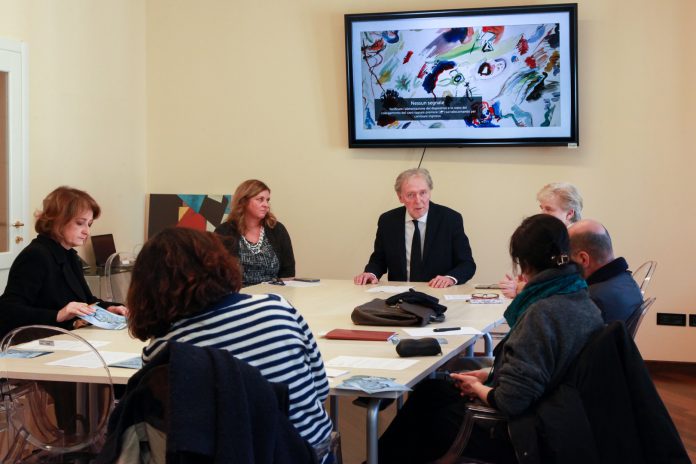by InTrieste
The Center for Family Guardianship, located at 27 Rossetti Street, is set to host a series of training sessions aimed at individuals with even a passing interest in becoming guardians for minors who, for various reasons, cannot temporarily live with their parents. The sessions will take place on Monday, February 26, Monday, March 4, and Monday, March 11, from 4:30 to 6:00 PM.
Attendees can expect in-depth discussions on the subject matter, featuring insights from a multidisciplinary team of professionals including educators, social workers, and psychologists from both the Trieste Municipality and Asugi. Additionally, a concluding session will feature a testimonial from a foster family sharing their experiences.
For inquiries or to register, please contact 040-6759740 or email gruppo.affidi@comune.trieste.it.
Increasing Demand
In 2023, 35 minors in Trieste benefited from family guardianship, each placed with a separate guardian family (meaning there were no cases of siblings placed together), marking a 30% increase compared to the 27 cases from the previous year. This surge prompted the Municipal Administration to organize the training course, aiming to expand the pool of individuals willing to offer this form of support.
During a press conference, the increase was attributed to a realignment with pre-2020 statistics. The pandemic made it particularly challenging to identify both families in need and individuals willing to foster children.
Furthermore, on average, two-thirds of guardianships are established by judicial authorities for the protection of minors, while the remaining third involves additional cases, including consensual arrangements where biological parents are unable to care for their children.
The Trieste Family Guardianship Center has been operational for approximately thirty years. The Municipality of Trieste stands out as a founding member of a national coordination effort with other guardianship centers across Italy.
The Institution of Family Guardianship
Regulated by Law 184 of 1983, amended by Law 149 of 2001 (“Minor’s Right to a Family”), family guardianship represents a life experience for both children and adults involved, serving as a tool for social promotion, an expression of solidarity, and an intervention by Social Services. It fundamentally differs from adoption: it is temporary, dictated by the needs of the child and their family context, and is based on an educational plan agreed upon with territorial services.
The legislation safeguards the child’s right to continuity of relationships, promoting, where possible, the return to their original families while maintaining relationships with guardian figures. These guardians can be unmarried couples or single individuals. There are different forms of guardianship, which can be full-time (“residential”) or partial (“light”), tailored to the needs of the minors and the availability of guardians.





























